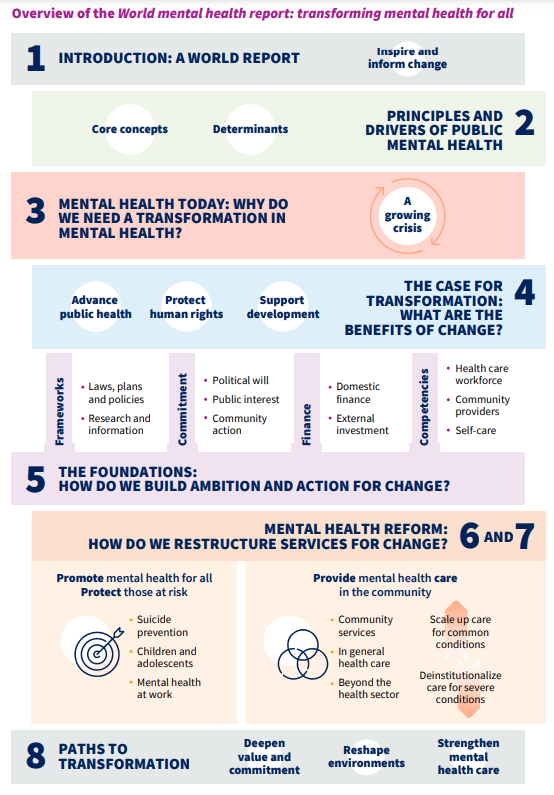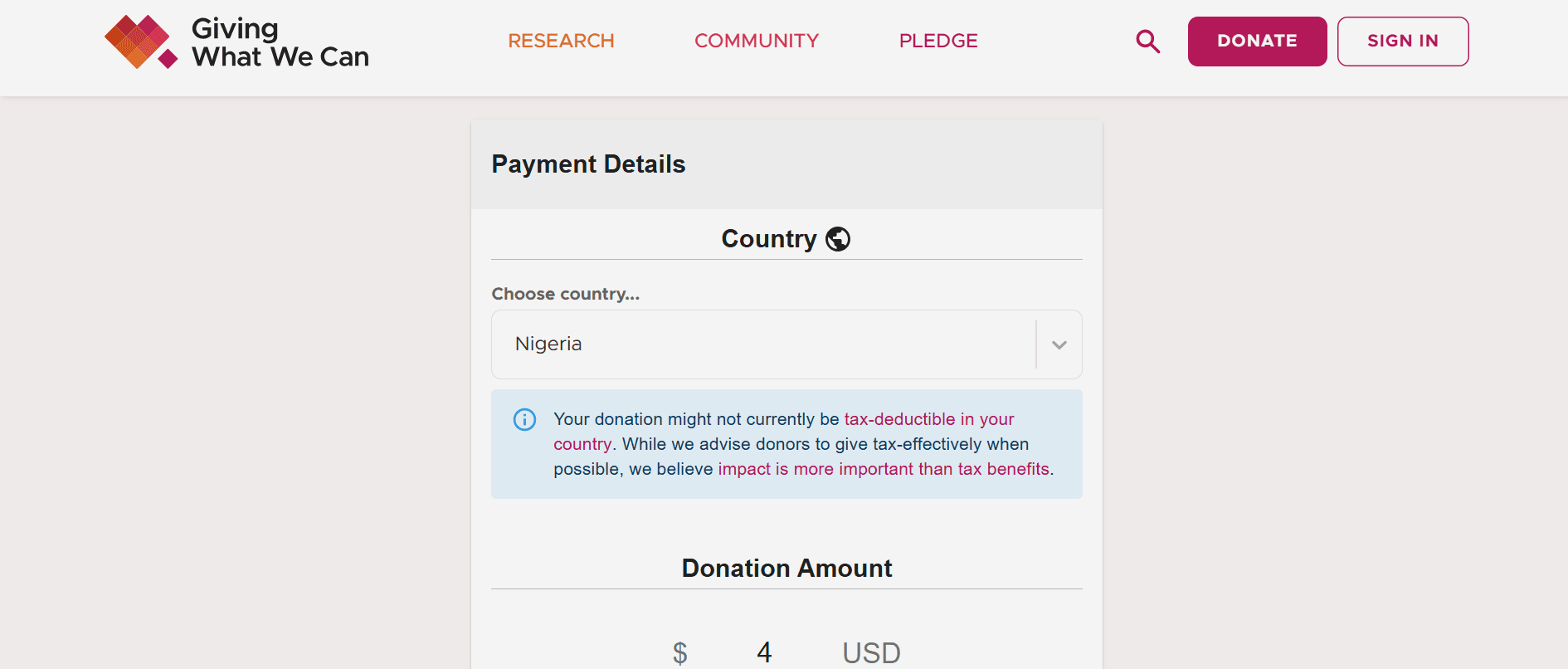I wanted to share a small but important challenge I've encountered as a student engaging with Effective Altruism from a lower-income country (Nigeria), and invite thoughts or suggestions from the community.
Recently, I tried to make a one-time donation to one of the EA-aligned charities listed on the Giving What We Can platform. However, I discovered that I could not donate an amount less than $5.
While this might seem like a minor limit for many, for someone like me — a student without a steady income or job, $5 is a significant amount.
To provide some context:
According to Numbeo, the average monthly income of a Nigerian worker is around $130–$150, and students often rely on even less — sometimes just $20–$50 per month for all expenses. For many students here, having $5 "lying around" isn't common at all; it could represent a week's worth of meals or transportation.
I personally want to make small, one-time donations whenever I can, rather than commit to a recurring pledge like the 10% Giving What We Can pledge, which isn't feasible for me right now. I also want to encourage members of my local EA group, who are in similar financial situations, to practice giving through small but meaningful donations.
In light of this, I would like to:
* Recommend that Giving What We Can (and similar platforms) consider allowing smaller minimum donation amounts to make giving more accessible to students and people in lower-income countries.
* Suggest that more organizations be added to the platform, to give donors a wider range of causes they can support with their small contributions.
Uncertainties:
* Are there alternative platforms or methods that allow very small one-time donations to EA-aligned charities?
* Is there a reason behind the $5 minimum that I'm unaware of, and could it be adjusted to be more inclusive?
I strongly believe that cultivating a habit of giving, even with small amounts, helps build a long-term culture of altruism — and it would





Thanks! I was just curious, didn't expect a super in depth analysis. Although that would be super cool to see too :)